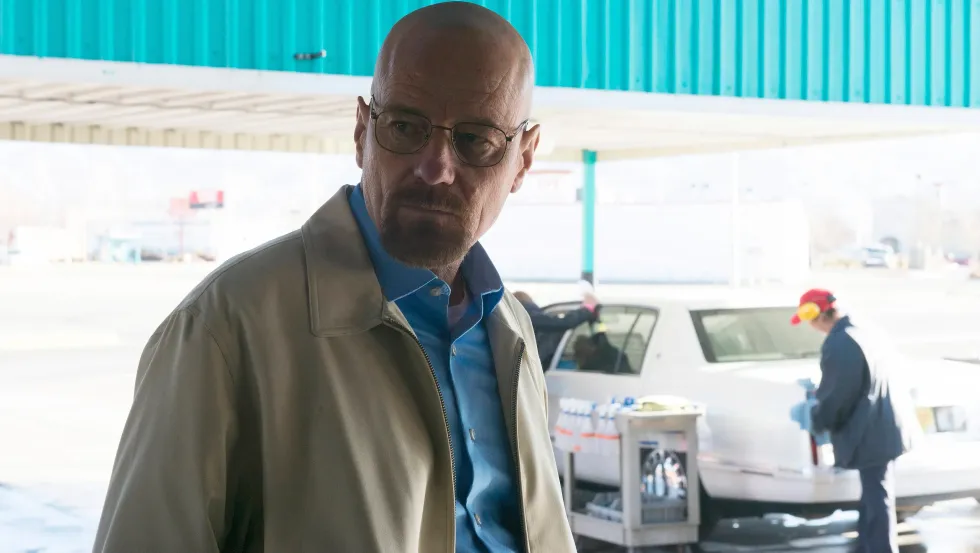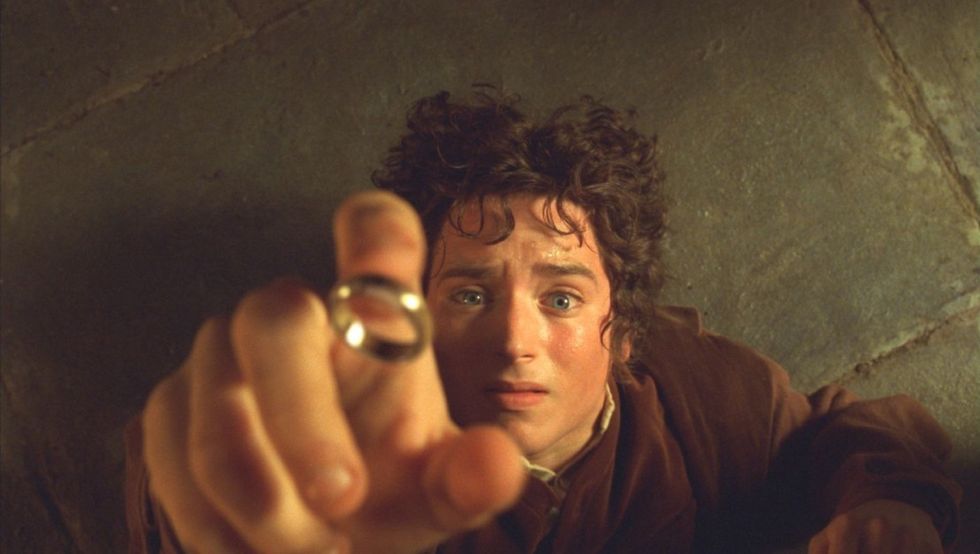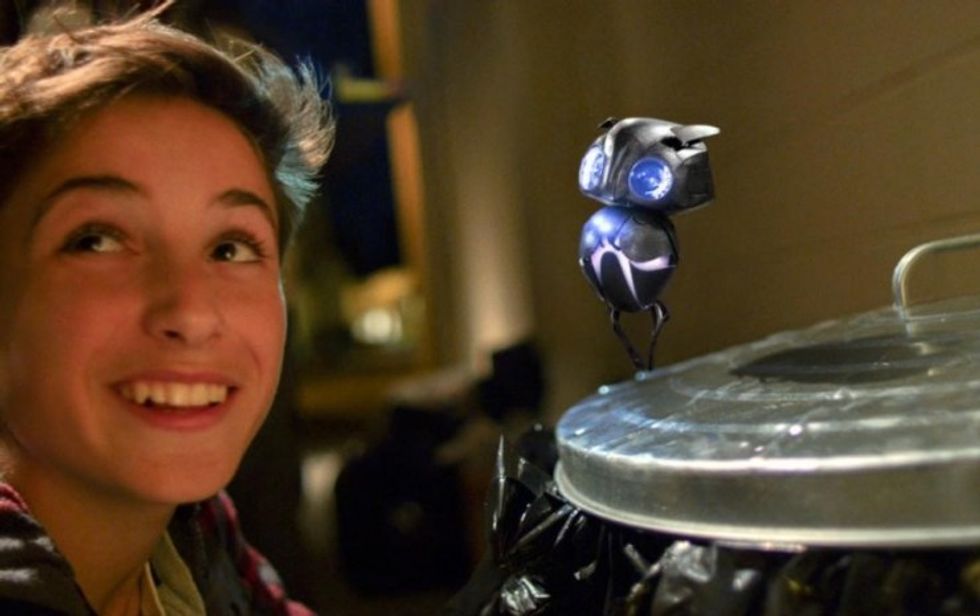Discover How These Award-Winning Documentarians Find the Truth Through Vérité Cinema
Getting the real story can take months or even years of following a film's subject.
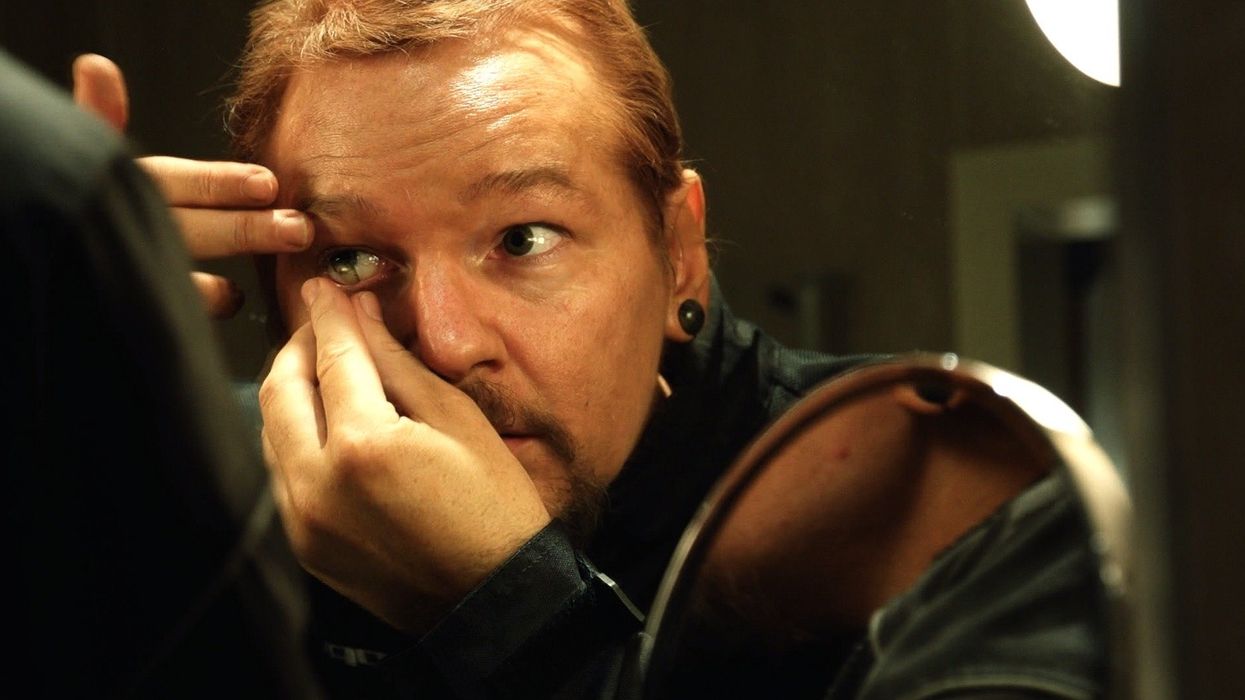
Recently at DOC NYC, moderator Thom Powers sat down with four filmmakers whose projects were selected for the the best of the fest Short List to share their thoughts on what makes good observational cinema and what are some challenges of the form. The panel included Laura Poitras, whose film Risk hinges on her unique access to Wikileaks founder Julian Assange, and Greg Barker, director of The Final Year, which captures key figures of the outgoing Obama administration in the intensity of their positions. Poitras and Barker were joined on the panel by Matthew Hamachek, editor of City of Ghosts, which accompanies citizen journalists who have fled from Raqqa, Syria after being targeted by ISIS, and Julie Goldman, producer of Abacus: Small Enough To Fail, the story of a family-run bank persecuted after the 2008 financial crisis.
Together, the filmmakers reflected on the vérité style, the challenges their films faced, and how they ultimately discover their stories after spending months or years following their subjects.
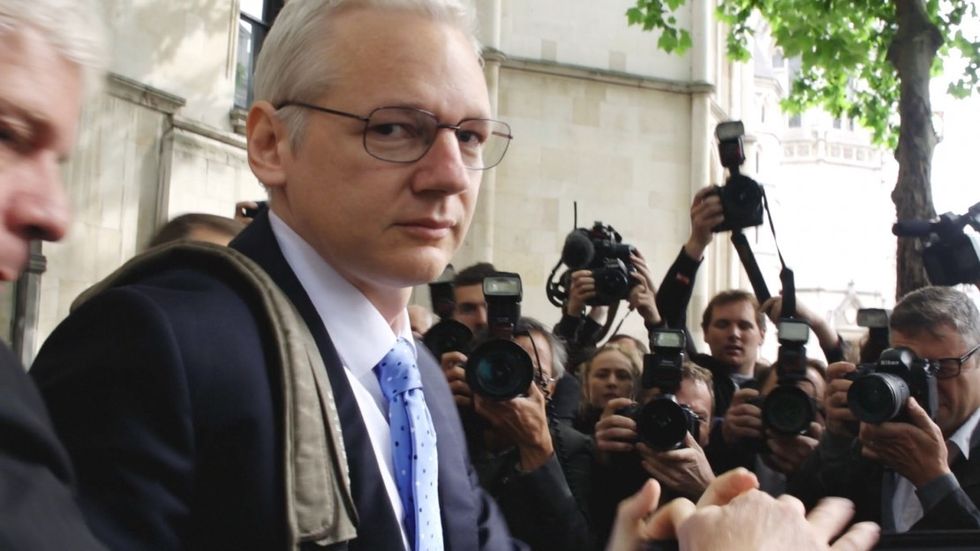
Gaining access
Poitras, a filmmaker journalist whose Citizenfour won an Academy Award for Best Documentary, lists Frederick Wiseman’s Titicut Follies, an all observational documentary shot in an insane asylum, as an inspiring film. Poitras loves the access portrayed, and how this type of film can change the world.
“I couldn’t believe they were having this raw conversation in front of us. They were just used to us.”
Part of Barker’s interest in the humanity of the Obama decision-makers is rooted in the belief that if we as citizens understand how these are decisions are made, we can increase our political influence. But to tell this story, Barker first needed access to these decision-makers. “I wanted to capture the humanity that is at play inside these halls of power,” Barker said. “[The members of the administration] are people and they end up in these positions of power and they make these decisions for complicated and human reasons, and it is fascinating.”
In one scene, the players have had little sleep and nerves are frayed. “They were unable to find words that were appropriate,” Barker reflected. “I couldn’t believe they were having this raw conversation in front of us. They were just used to us.”
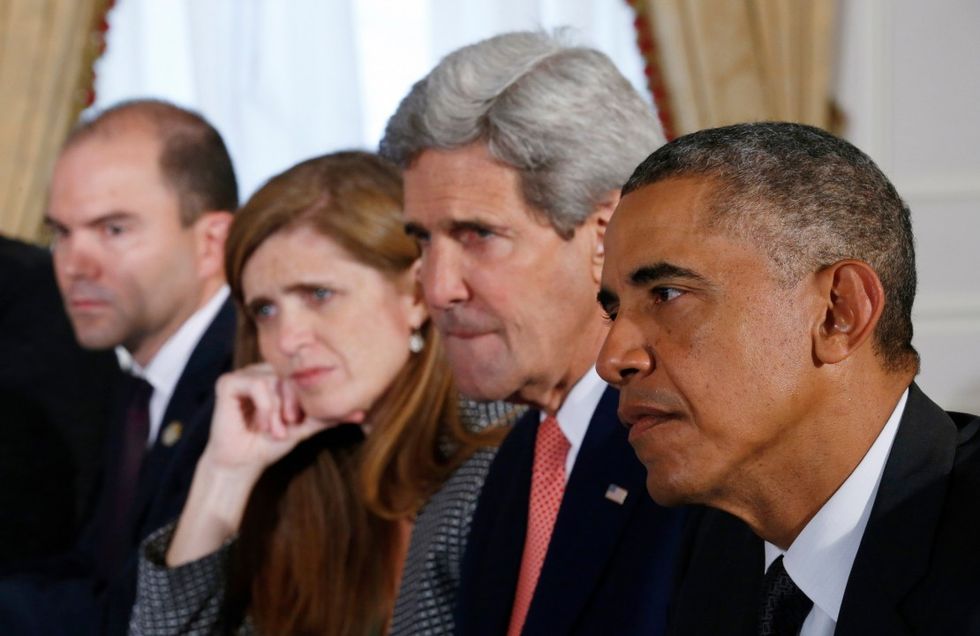
Building trust
Gaining this sort of intimate access and building this level of trust—or just acceptance—often takes time. Poitras observed of her shooting with Assange, “The first shoots weren’t the most candid; they became more candid as filmmaking went on… This filmmaking is patience-driven.”
Editor Hamachek reflected that with documentaries based on interviews and archival footage and images, the timeline can often be much tighter than for observational cinema: “It takes years to build the trust and get to the point where people are comfortable with you filming them when things are really difficult. [City of Ghosts director] Matt Heineman really embeds himself with people and builds that trust.”
Goldman shared that Abacus director Steve James tends to show up with a camera fairly early. He doesn’t have a lot of meetings. “If the subjects are dealing with something that is much higher stakes than having a camera in the room,” she said, “they have enough trust to put the camera aside.”
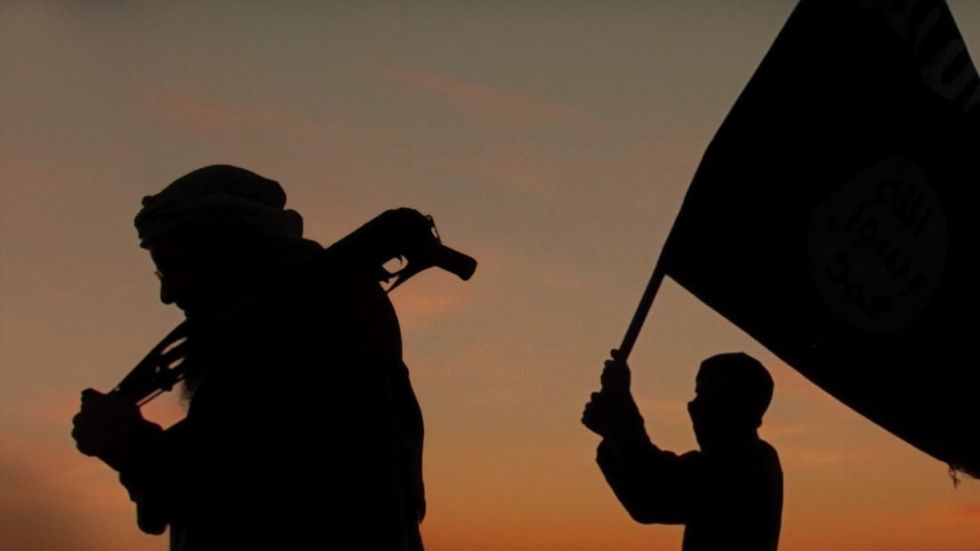
Discovering the truth in action
For some films, building confidence between the filmmakers and the subjects is essential. For others, the access comes as a by-product of the situation the subjects find themselves in. “The highest thing at stake shouldn’t be that there is a camera in the room,” Poitras said. “You need to be in situations where something is at stake and unfolding—not a person writing an email.”
“A lot of what we face in the edit room is bringing truth to life.”
While the City of Ghosts director was granted access to hotel rooms where his Syrian subjects were, the fear in the room was palpable—and the challenge for his editor was to find a way to convey that intensity. Hamachek reflected, “A lot of what we face in the edit room is bringing truth to life.”
Vérité cinema often strives to present characters in more authentic ways than sit-down interviews. President Barack Obama is a polished speaker and incredibly articulate, but Barker did not want to do a formal interview. “No one is going to be authentic in that environment,” he said. “We tried hard to find the moments that were real.” How is power physically embodied? That’s something that would be less likely conveyed in a sit-down interview. Barker’s team also did not want to film after the administration left office: “The way people talk and the way people act when they are in these jobs is unique and it changes when they leave the jobs… It’s a constant frustration with where we had access. Our film can’t be definitive: we wanted enough of the emotional journey these men and women went through that last year.”
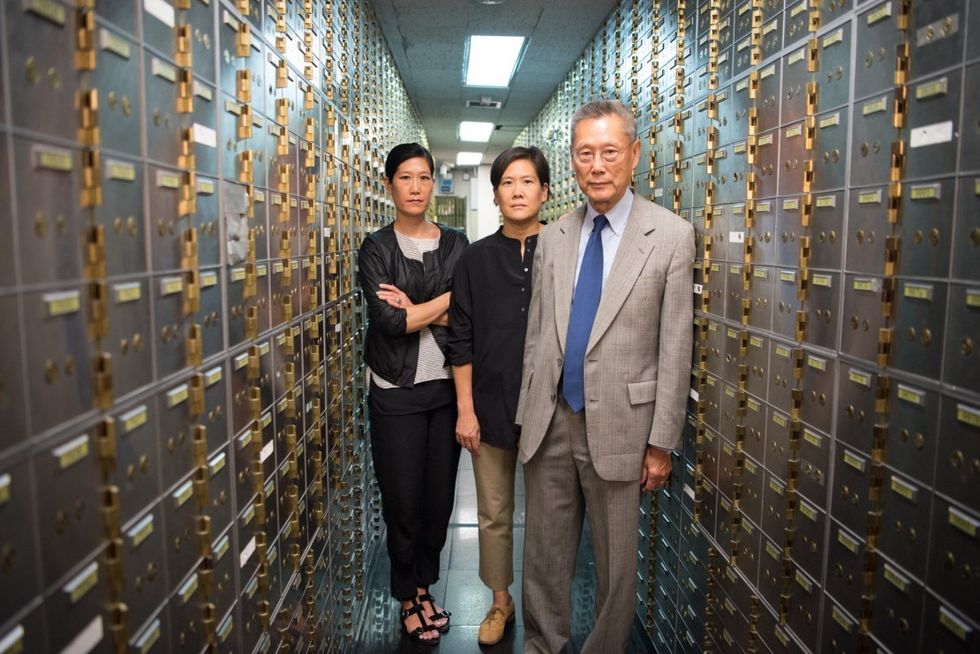
Finding the story after capturing the moment
Poitras shared, “Observational films at the end seem like they have three act structures, but at the moment there is fear and uncertainty. You try to capture whatever crazy thing is unfolding.” With the filming of Risk, Poitras had moments of being told to show up somewhere without knowing what would unfold: she’d think she was meeting Assange’s mom and walk into find him in the bathroom changing his appearance. “You try to capture whatever is unfolding and the challenge becomes crystalizing those moments of drama into the film.” Hamachek adds, “You have to be ruthless of how you whittle these things down, but still capture the essence of the trauma that this person is going through in their life.”
For these filmmakers, the key to observational cinema seems hinged on access, which is frequently built on trust, patience, and making the most of being—and putting oneself—in the right place at the right time.
See all of our coverage of the 2017 DOC NYC Festival.
Featured image: 'Risk', directed by Laura Poitras

